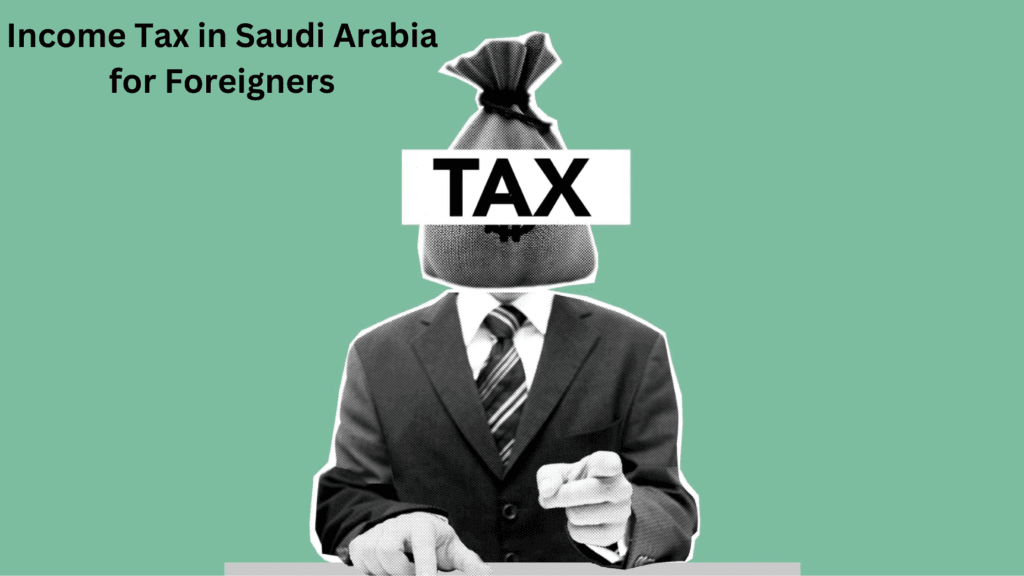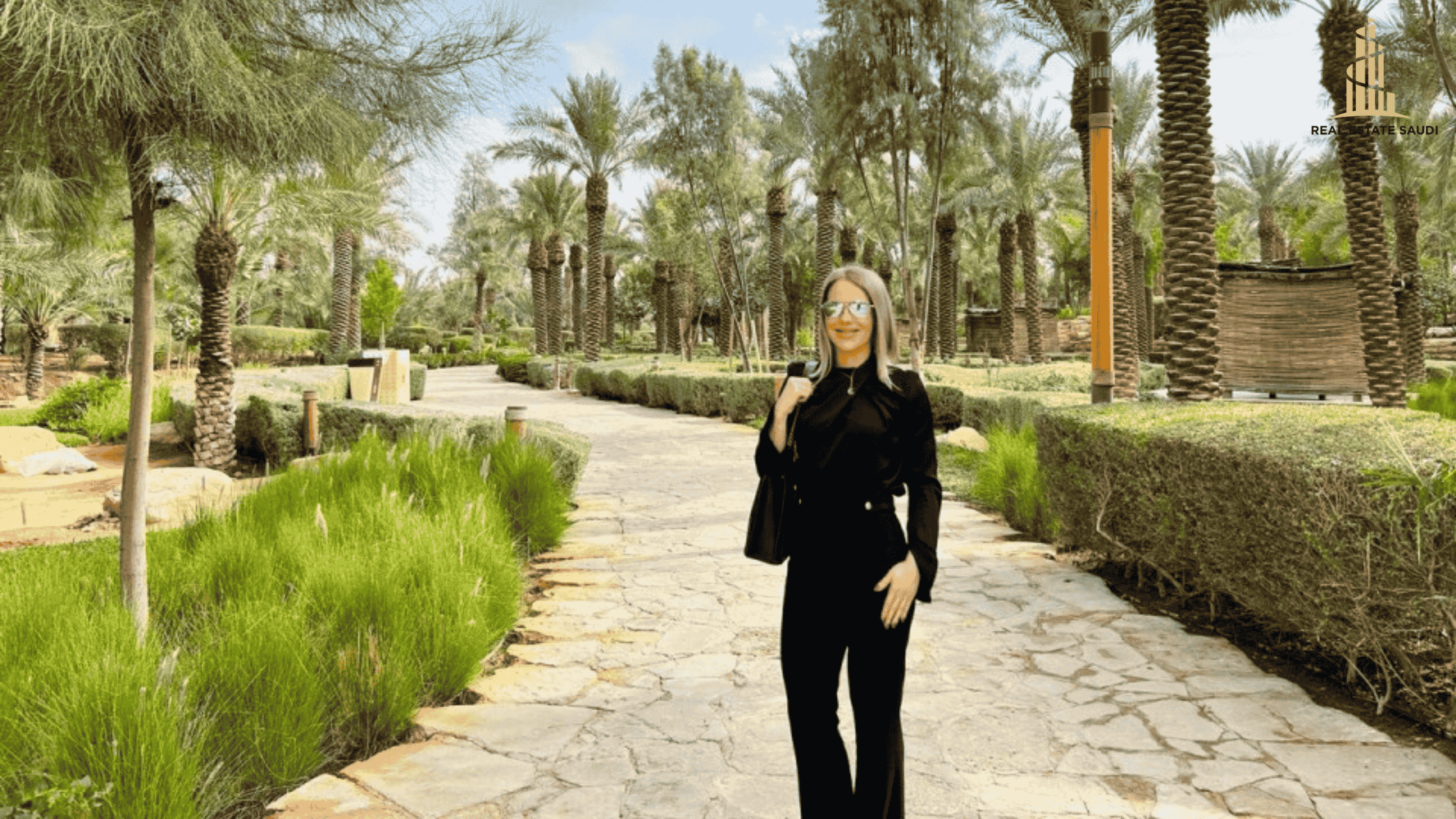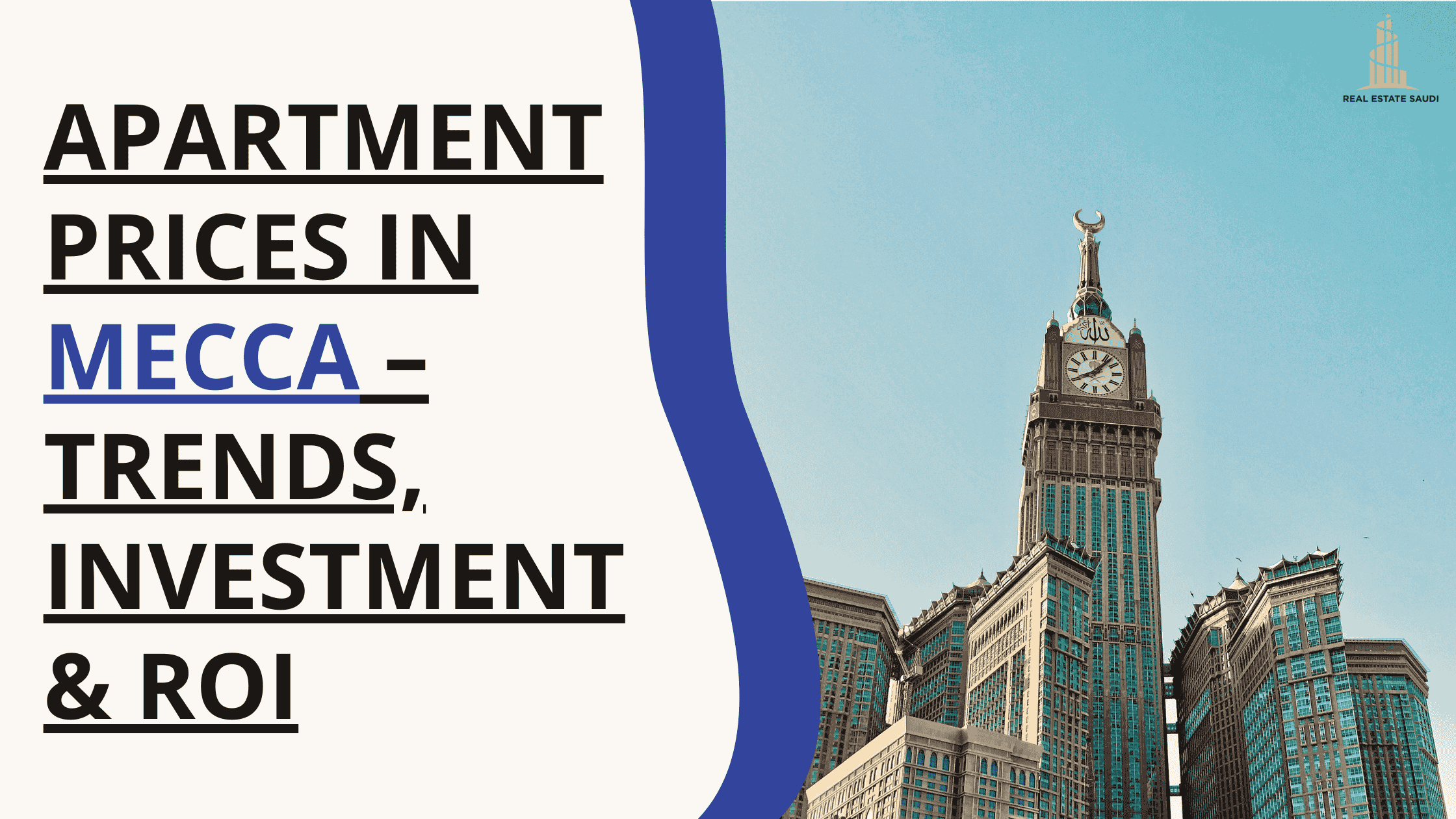Unlocking Financial Freedom in Saudi Arabia: A 2024 Guide for Expatriates and Investors
As global mobility increases and investment opportunities expand, Saudi Arabia has emerged as a prime destination for expatriates and foreign investors. One of the most compelling reasons for this surge in interest is the Kingdom’s favourable tax environment. In 2024, Saudi Arabia continues to solidify its position as a tax-friendly haven, offering numerous advantages to foreigners looking to live, work, or invest in the region. This article delves into the intricacies of Saudi Arabia’s tax system for foreigners, providing essential insights and statistics to help potential buyers make informed decisions.
Read: Do You Pay Property Taxes in Saudi Arabia?
No Personal Income Tax – A Game-Changer for Expatriates
One of the standout features of Saudi Arabia’s tax regime is the complete absence of personal income tax. Unlike many countries where individuals are required to pay taxes on their earnings, salaries, and investment incomes, Saudi Arabia exempts both residents and expatriates from personal income taxation. This policy makes the Kingdom exceptionally attractive to foreign professionals and investors seeking to maximise their net income.
In 2024, this tax-free environment remains unchanged, reinforcing Saudi Arabia’s reputation as a lucrative destination for high-earning individuals. For expatriates, this means that their salaries and bonuses are received in full, without deductions for income tax. This financial advantage allows for greater savings potential and enhanced disposable income, making it easier to enjoy a high standard of living in the Kingdom. ( Individual income tax rates table )
Comparison with Other Countries
Countries like the United Kingdom impose income tax rates ranging from 20% to 45% based on income brackets. Similarly, the United States taxes citizens on their global income, with rates up to 37%. In contrast, Saudi Arabia’s lack of personal income tax offers a significant financial advantage, making it a more attractive option for high-net-worth individuals and professionals.
Read: Income Tax in Saudi Arabia for Expats
Corporate Tax – Opportunities and Obligations
While personal income tax is non-existent, Saudi Arabia does implement corporate tax, which is an important consideration for foreign investors and business owners. The standard corporate tax rate stands at 20% for foreign-owned companies, excluding those in the oil and gas sector, where rates can escalate up to 85%, depending on profitability.
In 2024, the Kingdom continues to encourage foreign investment through various incentives and tax relief measures. Foreign businesses operating in sectors such as technology, renewable energy, and manufacturing benefit from reduced tax rates and streamlined regulatory processes. Additionally, Saudi Arabia has established numerous free zones, such as the King Abdullah Economic City, where businesses can enjoy tax exemptions and other financial incentives for a specified period.
Detailed Incentives
For instance, companies operating within the King Abdullah Economic City enjoy a 0% corporate tax rate for the first ten years, followed by a reduced rate of 5%. These incentives are designed to attract foreign businesses and foster economic diversification under Vision 2030. ( Taxes on corporate income – Saudi Arabia )
Read: Types of Taxes in Saudi Arabia
Zakat and Its Implications for Foreign Investors
Zakat, a form of obligatory almsgiving in Islam, is another facet of Saudi Arabia’s taxation system that foreign investors should be aware of. Although primarily applicable to Saudi nationals and citizens of the Gulf Cooperation Council (GCC) countries, Zakat can indirectly impact foreign investors through business operations.
For foreign-owned businesses operating in partnership with Saudi nationals or GCC citizens, Zakat becomes a relevant consideration. The standard Zakat rate is 2.5% of the company’s zakatable assets, which include capital, inventory, and receivables. While foreigners themselves are not directly subject to Zakat, their business entities must comply with these obligations if they engage in joint ventures or partnerships with local stakeholders. ( Zakat, Tax and Customs Authority )
Value-Added Tax (VAT) – Navigating Consumption Taxes
In addition to the absence of personal income tax, Saudi Arabia imposes a Value-Added Tax (VAT) on goods and services. Introduced at a rate of 5% in 2018 and increased to 15% in 2020, VAT was part of the Kingdom’s broader economic reforms aimed at diversifying revenue sources beyond oil.
For foreigners residing in or investing in Saudi Arabia, understanding VAT is essential as it affects the cost of living and business operations. In 2024, the VAT rate remains at 15%, applied to a wide range of goods and services, including property rentals, dining, transportation, and luxury items. While this rate is higher compared to some other nations, it is balanced by the absence of personal income tax, offering a unique financial equilibrium. ( Value-added tax (VAT) rates )
Living Costs in Saudi Arabia – Balancing Tax Benefits with Expenses
Saudi Arabia’s tax policies contribute significantly to its overall affordability, especially when compared to major global cities. In 2024, the cost of living in the Kingdom remains competitive, offering expatriates a comfortable lifestyle without the heavy tax burdens found elsewhere.
Housing: Rental prices vary based on location and property type. In Riyadh, a one-bedroom apartment in the city centre averages between SAR 3,000 to SAR 6,000 per month, while outside the centre, prices range from SAR 1,800 to SAR 3,500.
Healthcare: The absence of personal income tax allows expatriates to allocate more funds towards private health insurance, which is widely available and offers comprehensive coverage.
Education: Tuition fees for international schools range from SAR 30,000 to SAR 100,000 annually, depending on the curriculum and institution.
Transportation and Utilities: Public transportation is expanding, with initiatives like the Riyadh Metro enhancing connectivity. Fuel prices are relatively low, and the cost of utilities remains affordable.
Read: Tax in Saudi Arabia for Foreigners 2024
Wealth Management and Investment Opportunities
The tax-free income environment in Saudi Arabia offers expatriates unparalleled opportunities for wealth accumulation and investment. Without personal income tax, individuals can maximise their earnings by investing in diverse asset classes, including real estate, stocks, and mutual funds.
Real Estate: Foreign investors can purchase property in designated areas, benefiting from capital appreciation and rental income without the burden of personal income tax.
Financial Services: Saudi Arabia hosts a robust financial sector, with numerous banks and investment firms offering tailored wealth management services.
Vision 2030 – Shaping a Prosperous Future
Saudi Arabia’s Vision 2030 is a transformative initiative aimed at diversifying the economy, reducing oil dependency, and fostering a dynamic business environment. This ambitious plan has significant implications for taxation and investment, further enhancing the Kingdom’s appeal to foreigners.
Navigating the Legal Framework
While Saudi Arabia offers a favourable tax environment, navigating its legal and regulatory framework is essential for foreign investors and expatriates. Understanding property ownership laws, business regulations, and tax compliance requirements is crucial to ensuring a smooth and profitable experience.
Final Thoughts – Embracing Financial Freedom in Saudi Arabia
Saudi Arabia’s tax landscape in 2024 presents a compelling case for foreigners considering relocation or investment. The absence of personal income tax, coupled with strategic corporate tax rates and a robust framework for wealth management, creates an environment conducive to financial growth and stability. By leveraging available incentives and working with local advisors, foreign investors and expatriates can unlock significant financial benefits, contributing to long-term prosperity in one of the Middle East’s most dynamic economies.





